Why three Michigan chefs pivoted to pizza in response to the pandemic
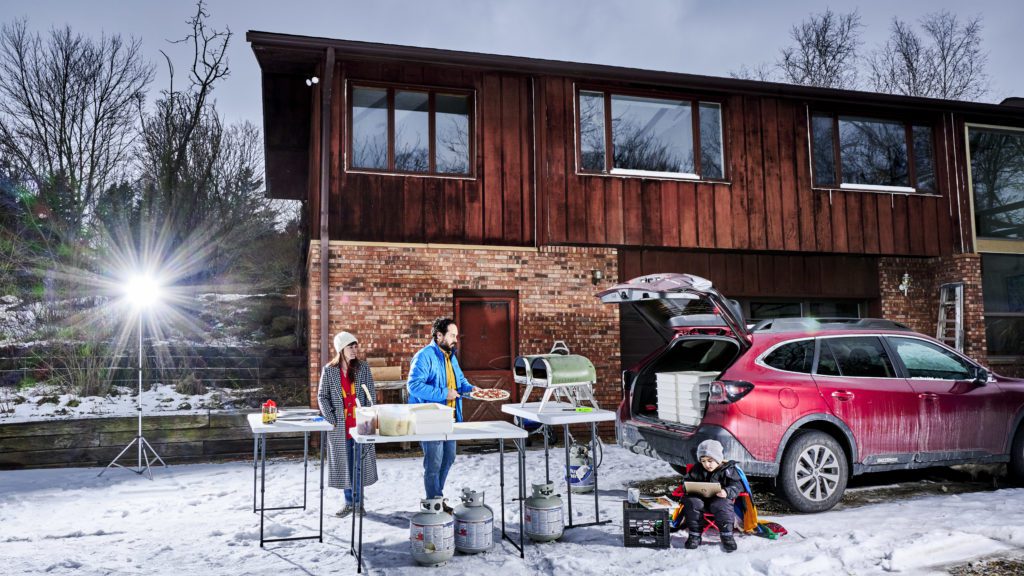
Photos by Joe Vaughn.
You know what they say: When a global pandemic hands you a quarantine, make Quarantino’s.
OK, so maybe that’s just something Grand Rapids-based restaurateur and self-admitted dad-joke enthusiast Joel Wabeke might say, but the lemons-to-lemonade sentiment applies to a handful of Michigan chefs who used the downtime brought on by the COVID-19 pandemic — and the urgent need for takeout-friendly comfort food it created — to pursue their true calling: making pizza.
“They didn’t think I was serious when I said I was going to name it Quarantino’s,” Wabeke says of his quippy, pandemic-driven Detroit-style pizza pop-up turned permanent brick-and-mortar in Grand Rapids’ Eastown neighborhood.
Indeed, some seek comfort in humor during disorienting or distressful times. But even more of us, it seems, seek pizza.
While the wider restaurant industry saw huge losses in the face of the pandemic, the number of independently owned pizzerias actually increased in 2021, according to PMQ Pizza Magazine.
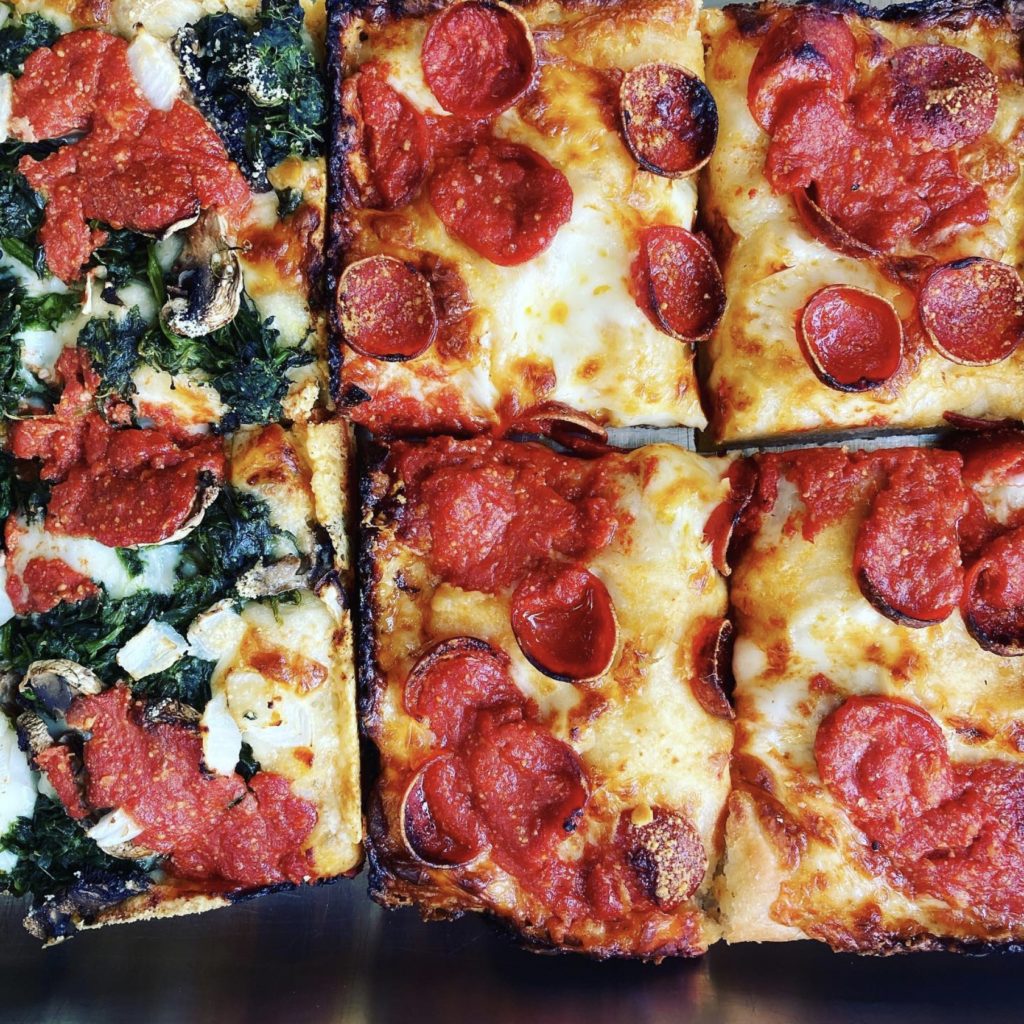
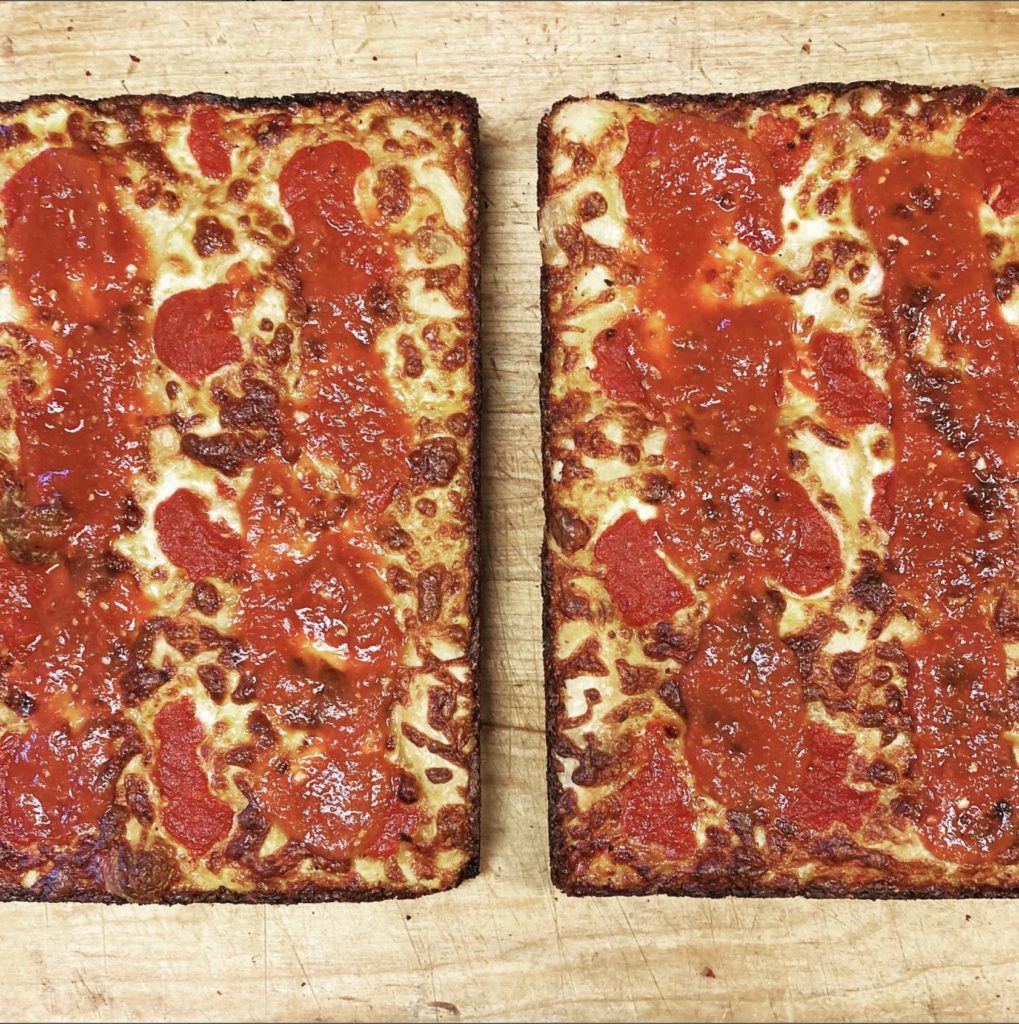
Quarantino’s: No laughing matter
In Wabeke’s case, the pizza pivot was one saving grace during an otherwise extremely difficult time for his ailing restaurants.
In July 2020, Wabeke and his wife and business partner Sarah Wepman closed Kingfisher, their year-old Mediterranean-influenced restaurant, which was just beginning to catch on before the pandemic put its proverbial fork in it. The situation at the couple’s more established restaurants, That Early Bird and Littlebird, wasn’t looking great either.
But pizza was a food Wabeke had a history with and decided to pursue in 2021 because of its popular affiliations with takeout and delivery.
That instinctual pivot – repeated by chefs from Detroit’s own Max Hardy to molecular gastronomy pioneer Wylie DuFresne in New York – helped fill quite the void for Wabeke and his crew.
“That Early Bird was really slow, Littlebird was closed, and Quarantino’s was the only thing capable of keeping us going, financially,” Wabeke says. “It’s not a juggernaut money-making operation, but it definitely was a positive. And not only that, but, emotionally, to have a business to go to that’s actually successful was important. We needed something that would survive.”
And though the financial calculations were a major factor, for Wabeke, the pizza pivot also signified a return to a type of cooking and a specific dish that had long intrigued him.
“It was the push I needed to actually do what had been in the back of my mind for years,” he says.
In August 2020, Quarantino’s, sensationally named to grab even a doomscroller’s digital attention, popped up in a space across the street from Little Bird that the operators previously used for storage, now newly fashioned with a used Bakers Pride oven.
Demand grew quickly for Wabeke’s creative Detroit-style pies with punny names like “Ok, Shroomer” and “It’s All Greektown to Me.”
Now, Quarantino’s is open daily for carryout and gearing up for dine-in with an expanded menu and liquor license in the spring. Most of the Kingfisher staff were able to keep their jobs with the company. And even the slightly PTSD-inducing name of what is now a permanent pizza restaurant appears here to stay for the long haul.
Because in these permanently unsettled times, the public seems to take great comfort in serious chefs making creative pizzas with funny names.
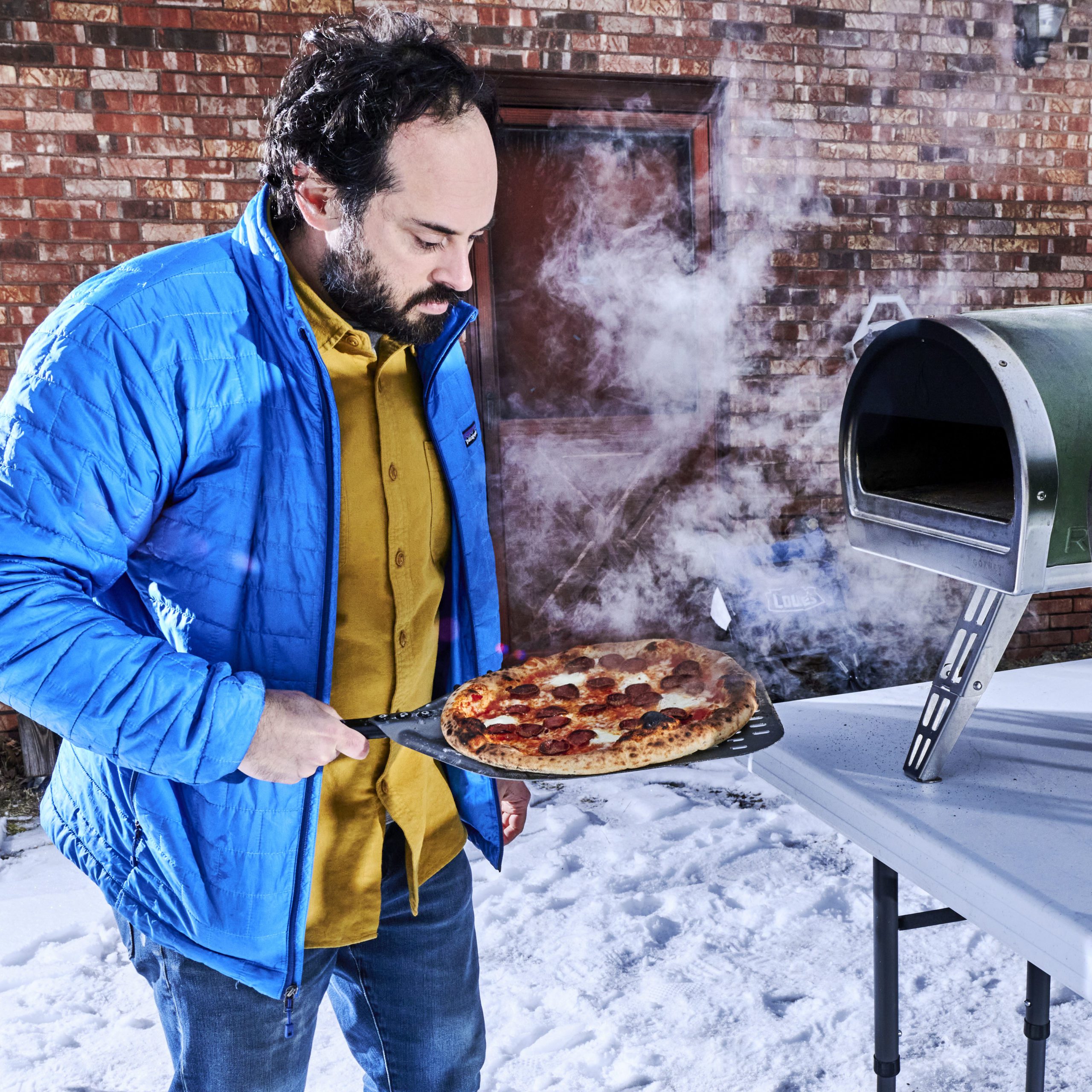
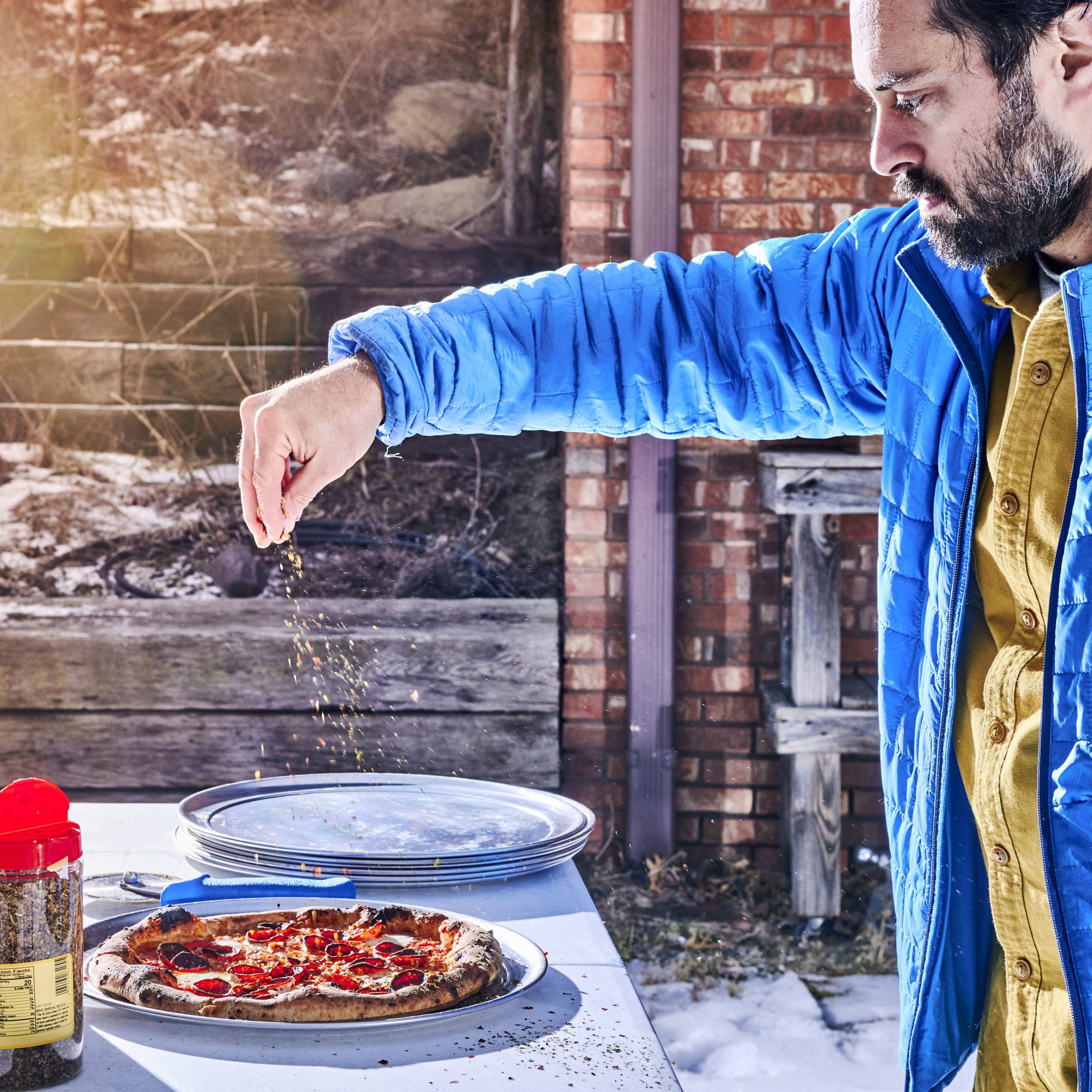
Enter: Pizza Replicator
Max Sussman and his Star Trek-inspired Pizza Replicator pop-up in Ann Arbor and Ypsilanti are further proof of that, though the quest for pizza perfection offers plenty to the people making them, too.
“Pizza is something that you can make fairly consistently, especially compared to, say, a piece of fish that you have to cook and they’re all different shapes and weights but they have to come out perfectly every time,” Sussman explains. “In theory, you can make pizza that’s very consistent with a little less training than that. There’s something appealing from an ease perspective.”
On a rainy Sunday in November, Sussman ping-ponged between two tabletop Breville Pizzaiolo ovens tucked into a broom closet of a kitchen space at Roos Roast in Ann Arbor, spinning 180 degrees every now and again to stretch another ball of dough for the next pre-ordered pie before turning back to check the bottoms of the ones in the oven for doneness.
His young son, Alo, watched cartoons on a tablet near the front of the cafe, while Sussman’s wife and business partner Kate McCabe managed the flow of masked customers into the space and the delivery of warm pizza boxes into their hands.
In a single four-hour service, Pizza Replicator can crank out 100 pizzas, or roughly one pizza every 2-½ minutes. Not bad for a two-person operation.
That, of course, doesn’t account for all the time and care put into the dough in the days leading up to service.
“Pizza is also very demanding of craft and commitment,” Sussman continues. “If you’re caring about it from a culinary perspective, there’s still a lot of challenge. So it can be very fun for a chef. I still am learning about the dough and fermentation and how to make the crust how I want it to be every time. It’s sort of like a living thing that you perhaps never feel like you’ve mastered. There’s always places to go with it. There’s something fulfilling in that.”
Sussman, co-founder and chef of Samesa restaurant in New York City with his brother, Eli, moved back to his native Michigan with his family in the beginning of 2020 and had prepared to introduce Samesa’s style of Middle Eastern cuisine to metro Detroit with a series of dinners at Frame.
Then the pandemic hit, and he found himself in lockdown without a restaurant to run and plenty of time to make plans to go somewhere Sussman had not gone before.
“I was trying to figure out what I wanted to be motivated by and be interested in,” Sussman says. “How can I still practice my trade and make a living and do something that is still creatively fulfilling? That’s what this pizza pop-up allowed me to do.”
After some extensive home testing to dial in the dough, Sussman and McCabe launched the Pizza Replicator pop-up at the end of 2020, marketing it on Instagram to a hungry audience who’d by then grown weary of home cooking.
“Something that’s come out of the experience is realizing I really love making pizza, and people really love eating pizza,” Sussman says. “Why it’s taken me this long to realize in my career, I’m not sure.”
It certainly could have happened earlier. The Huntington Woods native was chef de cuisine at Roberta’s when the New York Times bestowed two stars upon the Brooklyn pizza icon. But Sussman cheffed over all the other creative food that earned Roberta’s its shine; the pizza kitchen was another’s domain.
It wasn’t until a devastating global pandemic and the reality check it provided for so many — especially restaurant and foodservice professionals — that allowed Sussman the time to take stock of what he really wanted to do. If tomorrow isn’t promised, what should he do today?
“I think for me and a lot of people, there was a strong desire to go back to things that are simple and comforting and do them in really good ways,” Sussman says. “People wanted a reason to just be able to get out of their house and safely have an experience of food that was different.
“It turned into something people are relying on, which I didn’t expect. I just wanted to make pizza. But you become a part of people’s lives and it becomes more meaningful.”
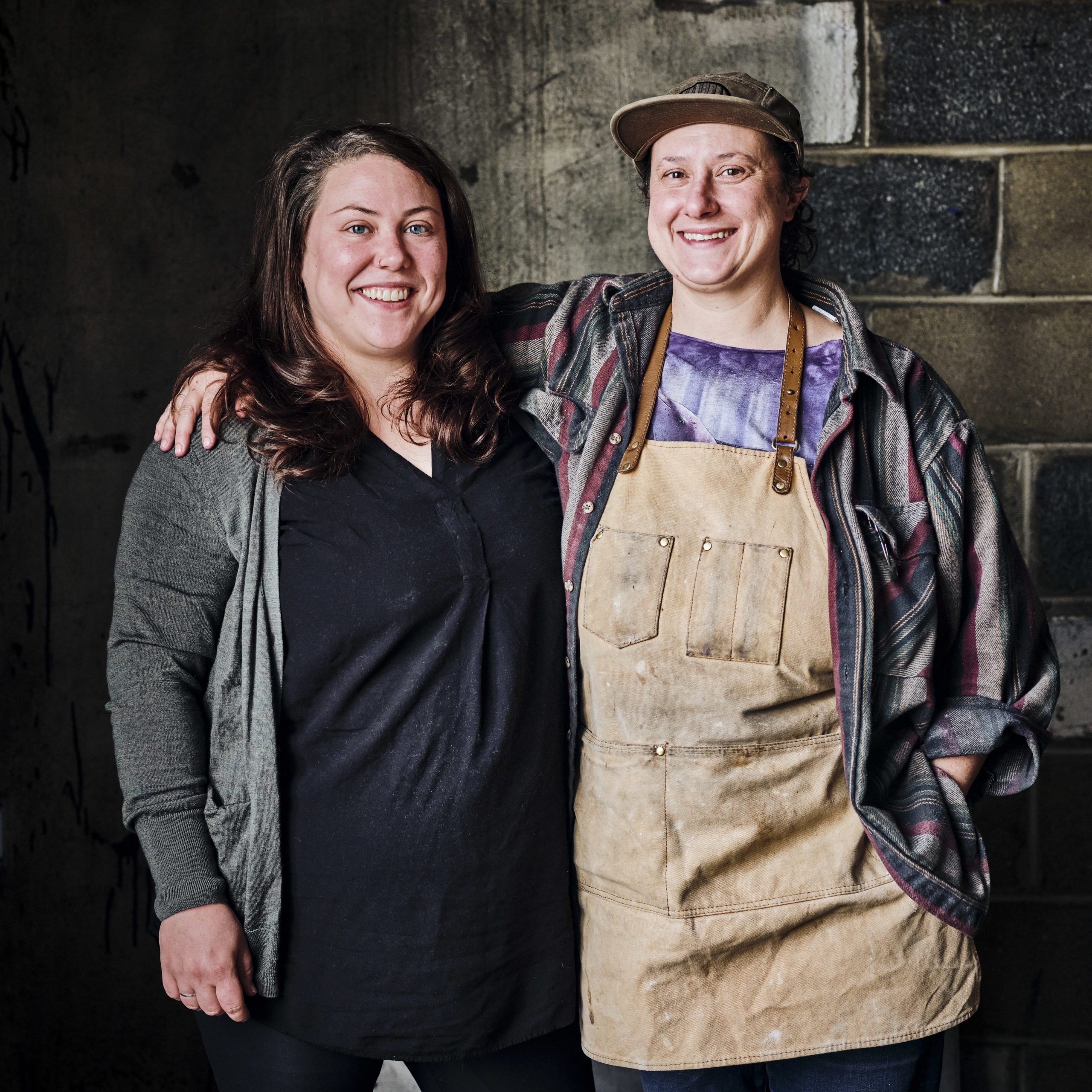
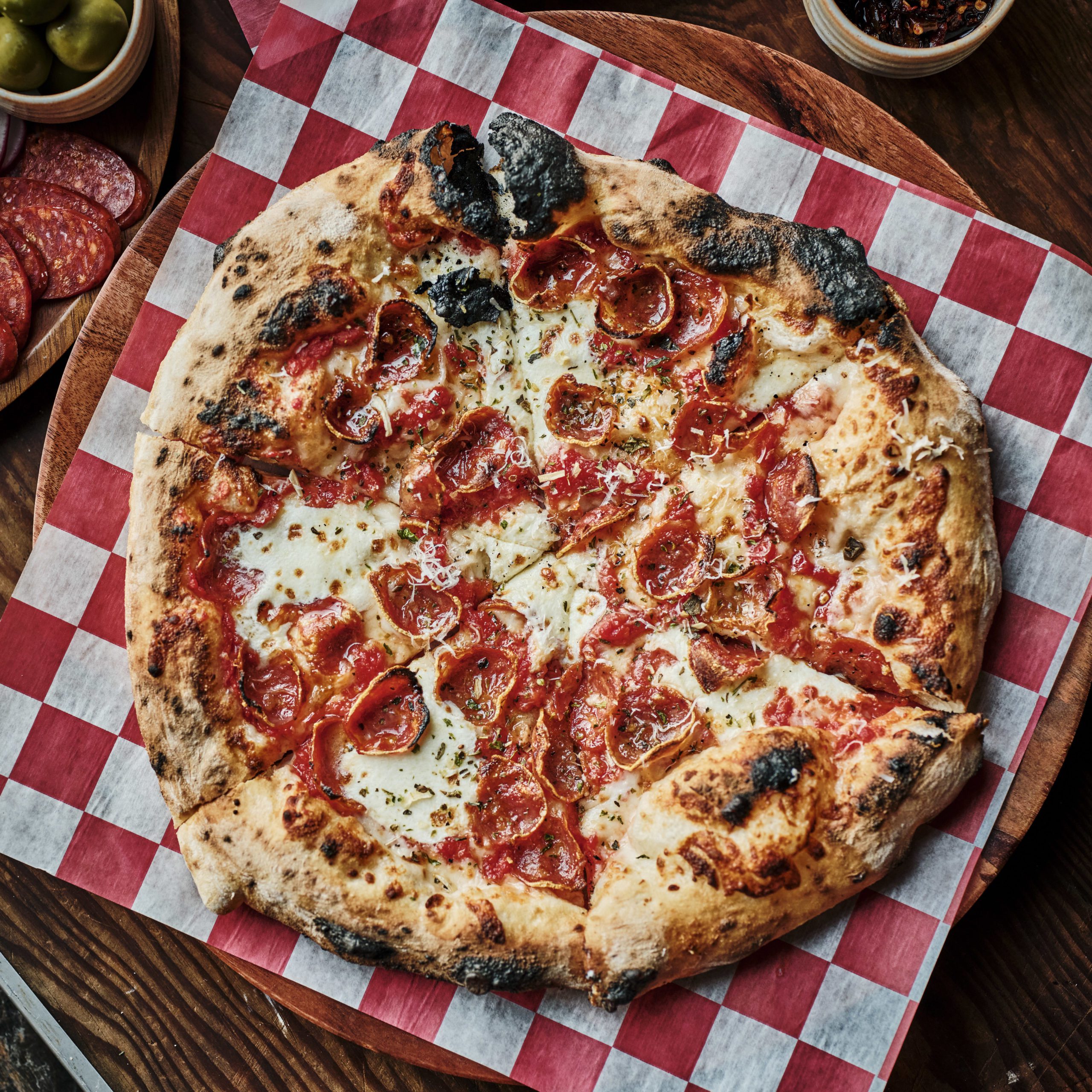
Val’s Pizza: Made with love
On a blustery January afternoon, three-year-old Norma Wilson bounced among the overturned couch cushions of her living room, while her parents, Erin Wilson and Vallery Markel, delivered boxes of crispy hot pizza to friends and fans waiting in idling cars outside.
The deep chill of Detroit winter relegated their wood-fired pizza pop-up to the covered back patio of their Old Redford home, where everything had started for Val’s Pizza a year prior in the midst of Michigan’s second indoor dining shutdown.
The married couple previously worked at opposite ends of local restaurants like Marrow and Selden Standard — Markel in the kitchen, Wilson out front — until the pandemic inspired a joint effort slinging pizza, out of their home at first and eventually out of other bars and restaurants around town who would have them.
“The pandemic shook people in a way,” Wilson says of their new, more familial venture. “It changed people’s identity. The restaurant world has desperately needed a culture check and this was an opportunity for people to say, ‘I don’t want to do that anymore. I’m burned out and I want to define how I do business and how I sustain myself.’”
That’s certainly a driving factor at Val’s Pizza, but for Markel, the motivation behind the pizza pivot is even simpler than that.
“As far as the pandemic went, it was only natural to do what I love,” she says. “And pizza is one of those things that everybody loves.
“Why not do what people love?”
— By Mark Kurlyandchik




